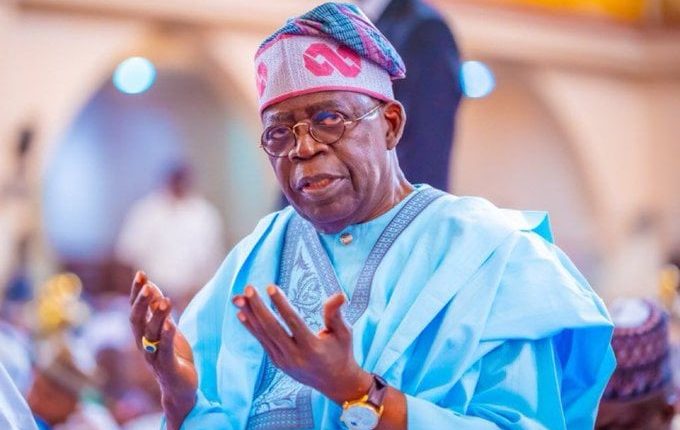President Bola Ahmed Tinubu’s request to implement a new external borrowing plan of ₦1.84 trillion (about $1.23 billion) as stated in the 2025 Appropriation Act to assist finance the nation’s growing budget deficit has been approved by the House of Representatives.
The House Committee on Aids, Loans, and Debt Management, presided over by Abubakar Hassan Nalaraba, considered and approved a report in plenary on Wednesday.
The committee claims that the ₦9.27 trillion deficit in the 2025 fiscal framework will be partially addressed by the new borrowing.
The House also authorized the refinancing of a $1.12 billion Eurobond (7.625% USD1.118 billion due November 2025) in an effort to reduce repayment pressure and stabilize Nigeria’s financial position.
According to the resolution, Nigeria would be able to avoid a debt payment crisis and lower the risk of volatility in its external commitments by refinancing the maturing Eurobond.
In addition to the loan and Eurobond refinancing, the federal government’s aim to obtain an extra $2.35 billion through various foreign finance instruments was also authorized by MPs.
These consist of external borrowings from international financial institutions, bridge financing arrangements, loan syndications, and the issuance of Eurobonds.
The resolution states that this financing window will disperse borrowing risks while offering flexibility for government finance needs.
The House also approved the issuance of a $500 million debut stand-alone Sovereign Sukuk on the global capital market in an effort to diversify Nigeria’s debt instruments and draw in Islamic-compliant investors.
The lawmakers clarified that in order to increase competition and guarantee investor confidence, the Sukuk may be issued with or without credit improvement.
In addition to its domestic Sukuk program, which has been utilized to finance infrastructure and road projects, this is Nigeria’s first independent sovereign Sukuk on the global market.
The House resolution states that the revised borrowing plan is in line with President Tinubu’s fiscal strategy, which aims to:
bolstering Nigeria’s foreign reserves, keeping the currency stable, financing important infrastructure projects, and controlling the nation’s mounting debt commitments.
Legislators pointed out that the strategy was intended to ease financial strain on the government, draw in a variety of investment sources, and guarantee a long-term equilibrium between debt repayment and national advancement.
According to reports, Nigeria’s overall public debt has been rising, and analysts have cautioned about the nation’s growing reliance on foreign borrowing to cover budget deficits.
The plan’s proponents, however, maintain that borrowing is still required to finance capital projects, promote growth, and reassure investors about Nigeria’s fiscal stability.
The House resolution emphasized the necessity of prudent debt management and openness in the use of borrowed money.

